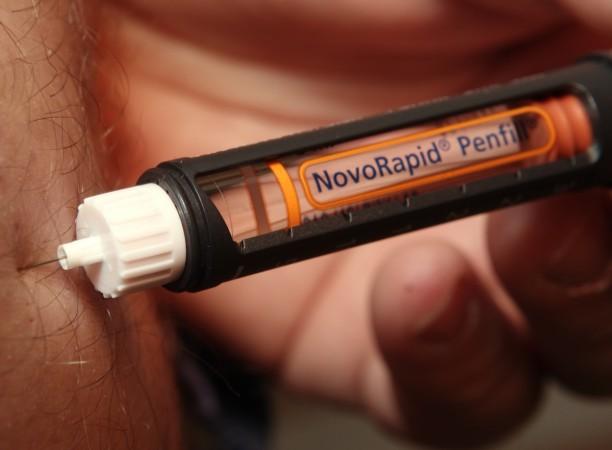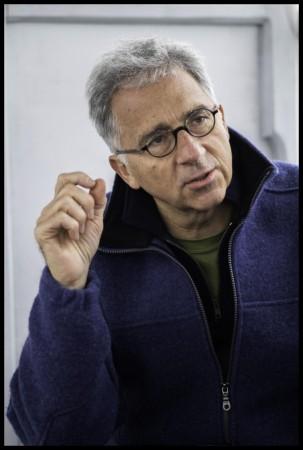
Scientists from the Harvard stem cell research team has announced that they have made a major breakthrough in finding a cure for Type 1 diabetes.
It is said that the scientists have, for the first time, been able to produce insulin-producing beta cells in massive quantities. These insulin-producing cells could mean the end of insulin injections as we know it.
In the research paper, "From human embryonic stem cells to billions of human insulin producing cells," Doug Melton, who led the stem cell research team said, "We are now just one pre-clinical step away from the finish line."
He also said that human transplantation trials would soon be able to use these cells, which are equivalent to normally functioning β cells, in a few years as well.
Melton, who had started the research 23 years ago, when his then infant son, Sam, was diagnosed with Type 1 diabetes, has dedicated his career to find a cure for the disease.
In "Generation of Functional Human Pancreatic β Cells In Vitro" published in the journal Cell and co-authored by Felicia W Pagliuca, Jeff Millman, and Mads Gurtler of Melton's Lab, it has been confirmed that the stem-cell-derived β cells (SC-β) when injected into diabetic mice has helped maintain their blood sugar levels, up to six months.

Melton, who is also Harvard's Xander University Professor and a Howard Hughes Medical Institute Investigator said it is impossible to know for sure, if a research to find the cure for diabetes would work, unless it has been tested numerous ways.
"We've given these cells three separate challenges with glucose in mice and they've responded appropriately; that was really exciting," he disclosed.
While Melton's work involved transplanting human cells into mice and much has to be done before they can be tested on actual patients, this research is considered to be a major breakthrough in finding the cure for Type 1 diabetes.
"It was gratifying to know that we could do something that we always thought was possible," Melton said, "but many people felt it wouldn't work. If we had shown this was not possible, then I would have had to give up on this whole approach. Now I'm really energised."
Cell therapy has become one of the most promising areas of diabetes treatment in those with Type 1 of the disease, in which the body is missing insulin-producing cells in the pancreas and is usually diagnosed in children and young adults.








